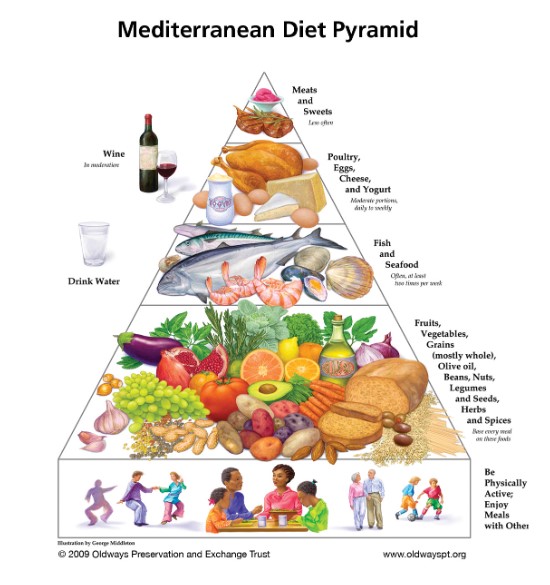The Impact of Diet on Health: A Lifestyle Medicine Perspective
Unhealthy eating habits significantly contribute to the global burden of chronic diseases. Research estimates that poor diet is associated with millions of deaths worldwide each year, underscoring the profound link between nutrition and health. While unhealthy eating can lead to illness, adopting a healthy diet has the power to promote wellness and reduce the risk of disease.
Lifestyle Medicine emphasizes the critical role of dietary changes in addressing chronic conditions. A shift in how we view food and nutrition is essential to reduce the chronic disease burden, and a science-based approach to diet can provide a path forward.
The NHS advises consuming a variety of foods to ensure balanced nutrition and adequate intake of essential nutrients. But what constitutes healthy eating, and how can individuals distinguish between beneficial and harmful dietary patterns?
Understanding Food Categories
Brazilian scientist Carlos Monteiro introduced a useful classification system that divides foods into three categories:
- Minimally Processed Foods: These are foods that retain their natural state with minimal alteration. They include fresh fruits, vegetables, nuts, grains, milk, unprocessed meat, and fish. These can be consumed freely as part of a healthy diet.
- Extracted Substances: Oils, fats, flours, sugars, and starches fall into this group. While not typically consumed on their own, they are often combined with minimally processed foods to create other products.
- Ultra-Processed Foods: These include items extensively altered with additives, preservatives, salt, sugar, and unhealthy fats. Ultra-processed foods have been linked to various health issues, including heart disease, depression, and gastrointestinal disorders.
In the UK, more than half of household food purchases consist of ultra-processed products, a figure significantly higher than in countries like France (14%) and Spain (20%).
Principles of Healthy Eating
Adopting a healthier diet starts with focusing on “real food.” Key recommendations include:
- Emphasizing a plant-based diet rich in fruits, vegetables, legumes, nuts, and seeds.
- Choosing unprocessed meat or fish when included, with preference for options produced without hormones or antibiotics.
- Opting for wholegrain or wholemeal varieties of staples like rice, pasta, and bread.
Evidence supports several dietary patterns, including the Mediterranean diet, plant-based diets, and lower-carbohydrate approaches. However, the choice of diet should align with individual preferences, cultural considerations, and health needs.
Tailored Support and a Non-Judgmental Approach
Lifestyle Medicine practitioners prioritize individualized care and a non-judgmental approach to dietary counseling. Empowering patients with knowledge and practical skills enables them to make informed choices that suit their unique circumstances.
The Broader Food Environment
Improving dietary habits requires more than individual action. Societal changes are necessary to foster a healthier food culture. Governments, policymakers, and the food industry play pivotal roles in reducing the prevalence of cheap, nutrient-poor, ultra-processed foods while promoting access to healthier alternatives.
Studies show that low-income groups often face limited access to nutritious foods while having easy access to unhealthy options, perpetuating under-nutrition across all weight categories. Transforming the food environment to prioritize nutrient-rich options is essential for improving public health.
By rethinking food at both individual and societal levels, we can make significant strides toward better health outcomes and a reduction in the burden of chronic diseases.


